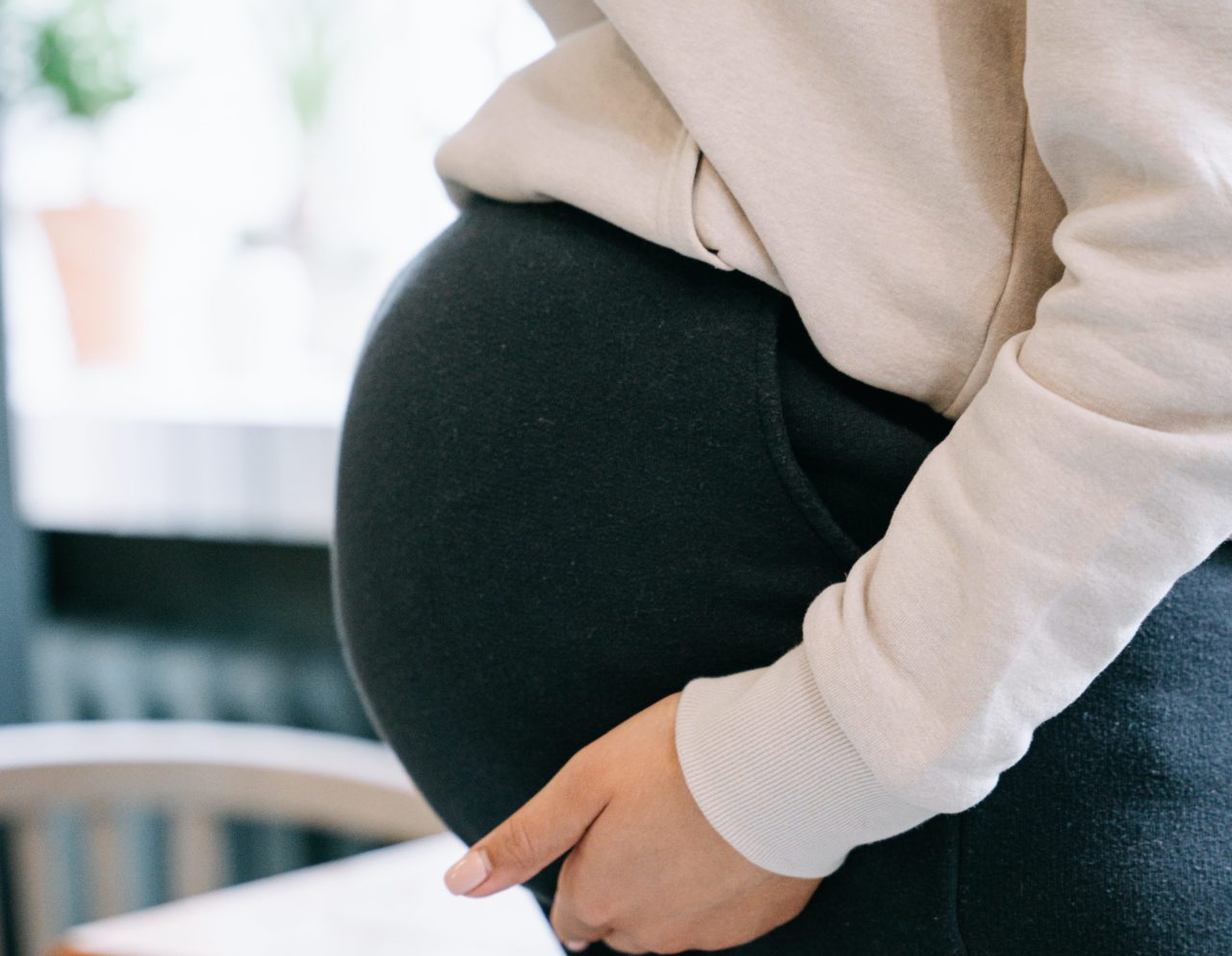Brooke’s Stillbirth Story
Brooke Smith recently shared the story of her stillbirth with ProPublica. For many Black women like Smith, the themes in her story are all too familiar. For Smith, the memory of her pregnancy in 2014, is that is still fresh in her memory. The singer-songwriter told ProPublica that leading up to her due date, she had visited the hospital a few times. According to medical records obtained by ProPublica, Smith had reported that she had not felt the baby move. Smith told the publication that medical personnel dismissed her complaints several times.
After Smith’s second hospital visit, her test results revealed that she had “false labor.” Hospital staff discharged her from the hospital at 39 weeks and 3 days pregnant. Six days after the incident, Smith noticed that the baby had still not made any movements. This prompted her to return to the hospital for a third time and insist that the doctors deliver her baby. By this time, she had exceeded her due date, and there were still no signs of labor. At the hospital, Smith learned that her baby had died in her womb, and she would have a stillbirth.
“If they would have listened to me earlier, I would have delivered a living baby,” Smith told ProPublica. “But if you’re a Black woman, you get dismissed because it’s like, ‘What are you complaining about now?’”
A Bitter Reality
Smith’s stillbirth story is all too familiar for Black women. Her story is also a bitter reality that Black women have navigated for years. For years, data, personal accounts and history have all pointed to the fact that the healthcare system is brutally toxic towards Black women, especially during childbirth.
According to a 2019 study, a lot of patients reported that that several medical professionals mistreated them, ignored their requests for help or failed to respond to requests for help in a reasonable amount of time. The same report stated that pregnant people of color were twice more likely to report medical mistreatment.
The constant portrayal of Black women as abrasive, masculine, and angry, and this notion transfers to everyday life. In healthcare, Black women have often struggled to defend their humanity, especially when they need help. This is especially evident in the world of healthcare. In spite of the tremendous healthcare disparities that exist for Black women, there is a certain nonchalance and lack of care when Black women complain about their health concerns.
Nneka Hall, a doula trainer and maternal heathcare advocate poignantly summarized the plight that Black birthing mothers face.
“It’s the Black experience,” Hall told ProPublica. “You’re told that you have to advocate for yourself, but when you’re in a melanated body and you advocate for yourself, it’s not taken seriously. If you raise your voice, you’re being abusive or abrasive. If you say you know something, you’re automatically shown that you don’t know as much as you think you know.”
According to data from the federal Centers for Disease Control and Prevention (CDC), the health care system has failed Black mothers. The CDC reports that Black women in general, are twice as likely as white women to have a stillbirth.
Several other studies have also identified racism and implicit bias as a major contributor of healthcare disparity, a reality that is continuing to gain national recognition.
